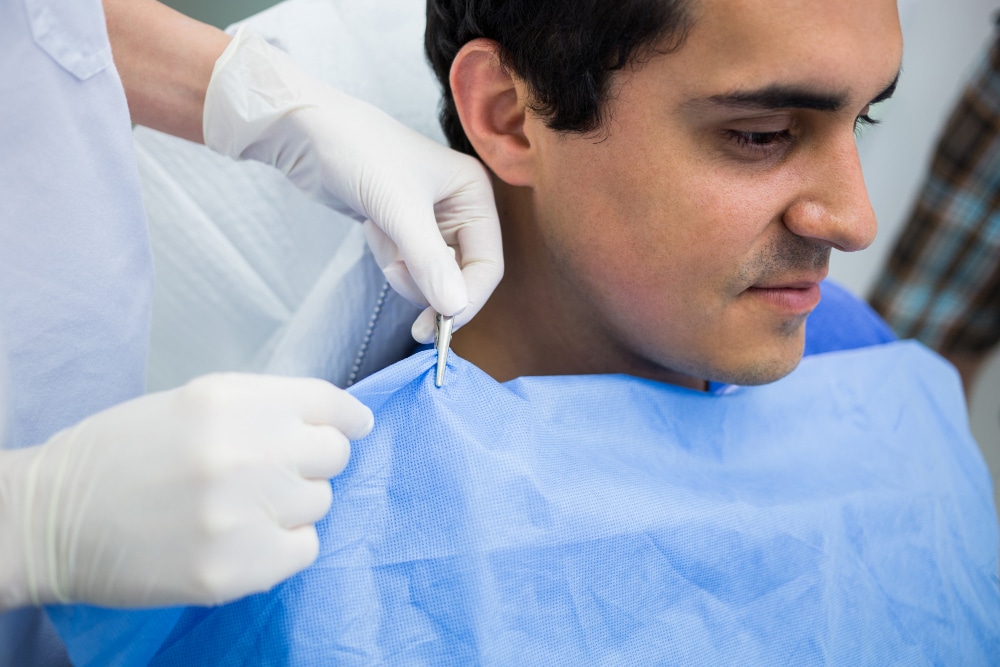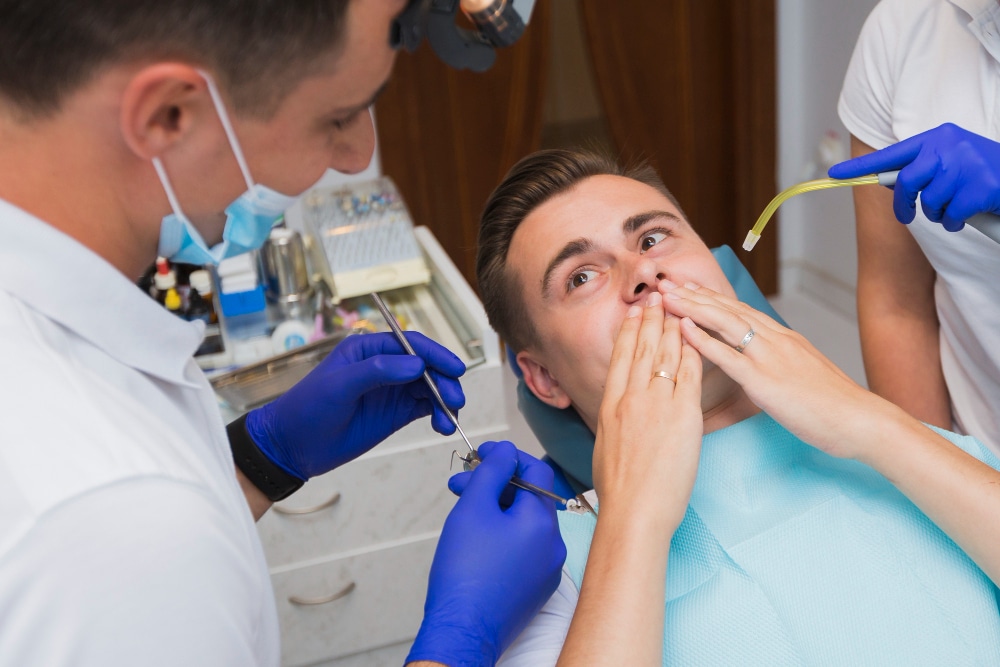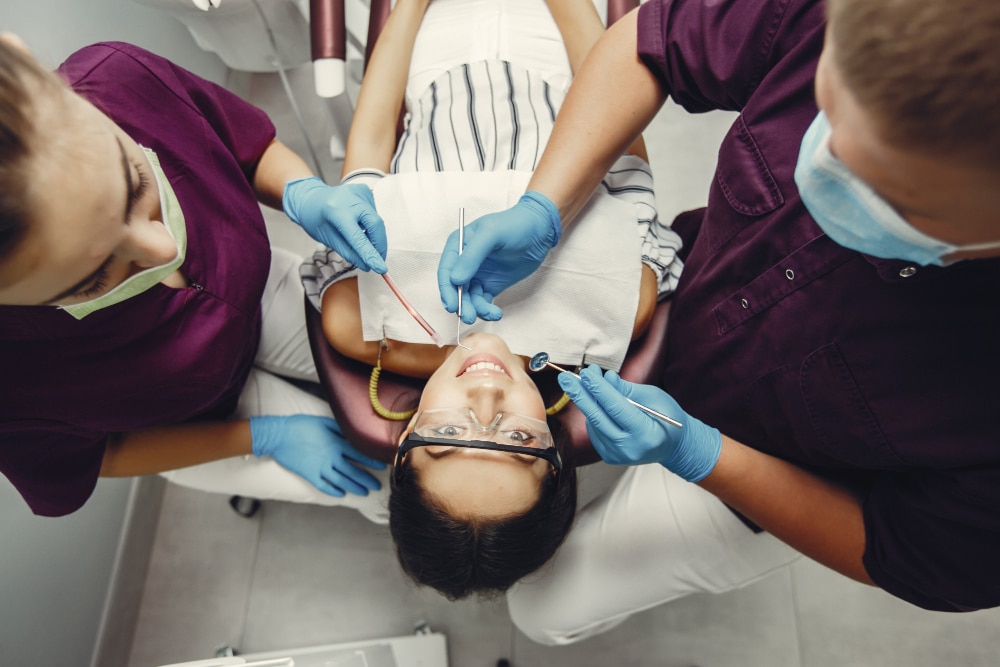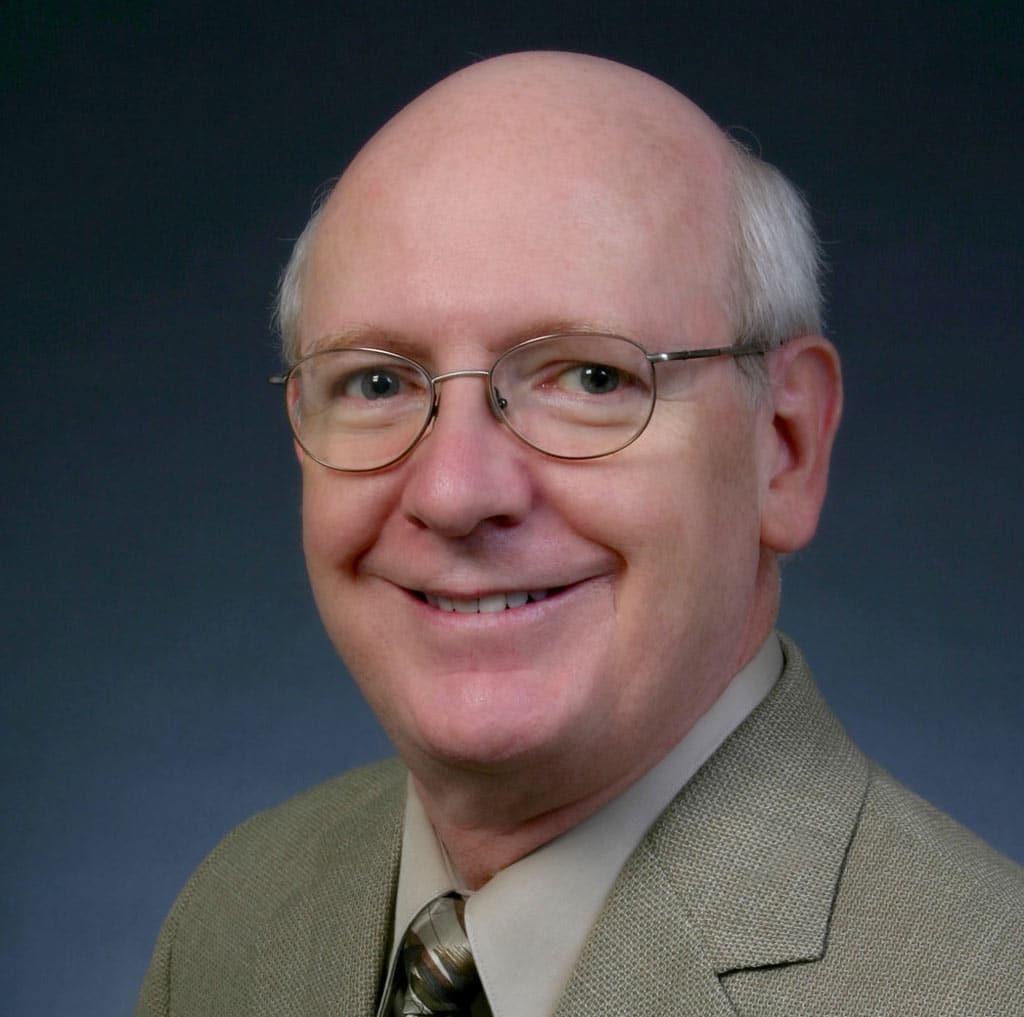In the field of reconstructive surgery, the journey towards perfection is a constant pursuit. For individuals seeking a transformative outcome, maxillofacial re-surgery offers a glimmer of hope. This highly specialized area of surgery focuses on reconstructing and reshaping the jaw, face, and neck, often after trauma or disease.
Unlocking perfection through maxillofacial re-surgery is no simple task. It requires the expertise of skilled surgeons, advanced technologies, and a deep understanding of the intricacies of the human face. From correcting facial deformities to restoring proper function and aesthetics, the outcomes of these procedures can be life-changing for patients.
In this article, we delve into the world of successful maxillofacial re-surgery and explore the remarkable transformations that can be achieved. We highlight the cutting-edge techniques and groundbreaking innovations that have revolutionized the field, as well as the stories of individuals whose lives have been forever altered by this specialized form of surgery.
Join us on this remarkable journey as we uncover the power of maxillofacial re-surgery in unlocking perfection and rejuvenating lives.
Understanding Maxillofacial Re-Surgery
Maxillofacial re-surgery, also known as maxillofacial reconstruction, is a surgical specialty that focuses on correcting and restoring the structure and function of the jaw, face, and neck. This intricate field combines elements of oral and maxillofacial surgery, plastic surgery, and otolaryngology to address various conditions and injuries.
The complexity of the human face requires a multidisciplinary approach to achieve optimal results. Maxillofacial re-surgery involves the use of advanced imaging techniques, such as computerized tomography (CT) scans and three-dimensional modeling, to precisely plan the surgical procedure. This allows surgeons to visualize the underlying structures and intricacies of the facial skeleton, ensuring accurate reconstruction.
From correcting congenital abnormalities, such as cleft lip and palate, to repairing facial fractures resulting from trauma or accidents, maxillofacial re-surgery aims to restore both the functional and aesthetic aspects of the face. The procedures can range from relatively simple interventions, such as bone grafting or scar revision, to complex surgeries involving the reshaping and realignment of facial bones.
Common Reasons for Maxillofacial Re-Surgery
Maxillofacial re-surgery is performed for a variety of reasons, each with its unique challenges and considerations. Some of the common reasons for undergoing maxillofacial re-surgery include:
1. Facial Trauma: Accidents or sports injuries can result in severe facial trauma, including fractures, dislocations, and soft tissue damage. Maxillofacial re-surgery plays a crucial role in reconstructing and restoring the facial structures to their pre-injury state.
2. Craniofacial Anomalies: Congenital abnormalities, such as cleft lip and palate, craniosynostosis, and hemifacial microsomia, often require extensive maxillofacial re-surgery to correct the structural and functional issues. These conditions can significantly impact a person’s appearance, speech, and ability to eat, necessitating timely intervention.
3. Facial Deformities: Some individuals are born with or develop facial deformities, such as a misaligned jaw or asymmetrical facial features. Maxillofacial re-surgery can address these concerns, improving both the aesthetics and function of the face.
4. Tumor Removal: Maxillofacial re-surgery plays a vital role in the removal of benign or malignant tumors affecting the face, jaw, or neck. Surgeons work closely with oncologists to ensure complete tumor resection while preserving facial aesthetics and restoring function.
5. Temporomandibular Joint (TMJ) Disorders: TMJ disorders can cause chronic pain, difficulty chewing, and restricted jaw movement. Maxillofacial re-surgery can help realign the jaw joint and address underlying issues, providing relief and improved quality of life to patients.

Benefits of Maxillofacial Re-Surgery
The benefits of successful maxillofacial re-surgery extend far beyond the physical appearance of an individual. While the primary goal of these procedures is to restore form and function, they also have a profound impact on a person’s emotional well-being and overall quality of life.
1. Improved Aesthetics: Maxillofacial re-surgery can dramatically improve facial symmetry, correct deformities, and enhance facial features, resulting in a more balanced and aesthetically pleasing appearance. This can boost self-confidence and improve social interactions, allowing individuals to lead a more fulfilling life.
2. Restored Function: Facial trauma or congenital abnormalities can severely impact a person’s ability to eat, speak, and breathe properly. Maxillofacial re-surgery addresses these functional issues, restoring normal jaw movement, improving speech clarity, and ensuring proper breathing.
3. Enhanced Oral Health: Maxillofacial re-surgery often involves dental interventions, such as dental implants, orthognathic surgery, and bone grafting, which not only improve the appearance of the smile but also contribute to better oral health. Proper alignment of the jaws and teeth reduces the risk of dental problems, including tooth decay, gum disease, and temporomandibular joint disorders.
4. Psychological Well-being: Facial deformities or traumatic injuries can have a significant psychological impact on individuals, leading to feelings of self-consciousness, anxiety, and depression. Successful maxillofacial re-surgery can alleviate these emotional burdens, allowing individuals to regain their self-esteem and enjoy a higher quality of life.
5. Functional Restoration: Maxillofacial re-surgery aims to restore proper jaw function, enabling individuals to eat a wider variety of foods and enjoy a more balanced diet. This has a positive impact on overall health and nutrition, contributing to improved well-being and longevity.
The Transformative Outcomes of Successful Maxillofacial Re-Surgery
The transformative outcomes of successful maxillofacial re-surgery are nothing short of remarkable. Through the skillful hands of experienced surgeons and the advancements in technology, individuals can experience life-changing transformations that go beyond physical appearance.
1. Facial Symmetry and Harmony: Maxillofacial re-surgery can correct facial asymmetry, ensuring a balanced and harmonious appearance. By realigning the jaw and facial bones, surgeons create a more proportionate and symmetric face, enhancing the natural beauty of the individual.
2. Restored Facial Contours: Facial deformities or trauma can cause irregularities or loss of facial contours. Maxillofacial re-surgery can restore these contours, providing a more youthful and rejuvenated appearance. Techniques such as bone grafting, tissue reconstruction, and fat transfer contribute to the restoration of volume and shape.
3. Improved Breathing and Speech: Maxillofacial re-surgery addresses structural issues that may impede proper breathing or affect speech clarity. By correcting these underlying problems, individuals experience improved breathing function and enhanced speech intelligibility, leading to a more confident and comfortable communication style.
4. Enhanced Oral Function: Maxillofacial re-surgery plays a vital role in restoring proper oral function. By realigning the jaws, correcting bite discrepancies, and addressing TMJ disorders, individuals regain the ability to eat a wider variety of foods, chew more efficiently, and maintain better oral hygiene.
5. Emotional and Psychological Transformation: The impact of successful maxillofacial re-surgery extends beyond the physical realm. Individuals often experience a profound emotional and psychological transformation, gaining newfound self-confidence, improved self-esteem, and a positive outlook on life. This renewed sense of self can positively influence personal relationships, career opportunities, and overall well-being.
Finding the Right Maxillofacial Surgeon
When considering maxillofacial re-surgery, finding the right surgeon is paramount to achieving successful outcomes. The expertise, experience, and reputation of the surgeon play a crucial role in the safety and efficacy of the procedure. Here are some key factors to consider when selecting a maxillofacial surgeon:
1. Specialization and Training: Look for a surgeon who has specialized training and extensive experience in maxillofacial surgery. Board certification and membership in professional organizations indicate a surgeon’s commitment to maintaining high standards of practice.
2. Portfolio and Before/After Photos: Review the surgeon’s portfolio and before/after photos of previous patients. This will give you an idea of their surgical skills and the potential outcomes you can expect.
3. Patient Testimonials and Reviews: Read patient testimonials and reviews to gain insights into the surgeon’s bedside manner, communication skills, and overall patient satisfaction.
4. Technology and Facilities: Inquire about the technology and facilities available at the surgeon’s practice. Advanced imaging techniques, such as 3D modeling and computer-guided surgery, can greatly enhance the precision and accuracy of the procedure.
5. Communication and Trust: Establish open and transparent communication with the surgeon. A good surgeon will listen to your concerns, explain the procedure in detail, and ensure you have realistic expectations. Trust and rapport between the surgeon and patient are vital for a successful surgical journey.

Preparing for Maxillofacial Re-Surgery
Proper preparation is essential to ensure a smooth and successful maxillofacial re-surgery experience. Here are some important steps to take before undergoing the procedure:
1. Consultation and Evaluation: Schedule an initial consultation with your maxillofacial surgeon. During this visit, the surgeon will evaluate your condition, discuss your goals and expectations, and explain the recommended surgical approach.
2. Medical Evaluation: Before surgery, a comprehensive medical evaluation will be conducted to ensure you are in good health and fit for the procedure. This may involve blood tests, imaging scans, and consultations with other medical specialists if necessary.
3. Pre-surgical Instructions: Your surgeon will provide you with specific pre-surgical instructions, which may include guidelines on fasting before the procedure, discontinuing certain medications, and abstaining from smoking or alcohol.
4. Lifestyle Modifications: Adopt a healthy lifestyle by incorporating regular exercise and a balanced diet into your routine. This will not only optimize your overall health but also contribute to a smooth recovery process.
5. Emotional Preparation: Maxillofacial re-surgery can be a life-changing experience. Take time to mentally and emotionally prepare for the procedure. Surround yourself with a support system of family and friends who can provide encouragement and assistance during the recovery period.
The Recovery Process After Maxillofacial Re-Surgery
The recovery process after maxillofacial re-surgery varies depending on the complexity of the procedure and individual healing ability. Here are some general guidelines to follow during the recovery period:
1. Hospital Stay: Depending on the surgical approach and individual needs, a short hospital stay may be required immediately after the procedure. This allows for close monitoring, pain management, and initial wound care.
2. Pain Management: Your surgeon will prescribe pain medications to manage any discomfort or pain during the recovery period. It is important to take these medications as directed and report any severe or prolonged pain to your medical team.
3. Swelling and Bruising: Swelling and bruising are common after maxillofacial re-surgery. Applying cold compresses and keeping your head elevated can help reduce swelling. Follow your surgeon’s instructions on when to start warm compresses for faster resolution of bruising.
4. Diet and Nutrition: Your surgeon will provide specific dietary guidelines to follow during the recovery period. Initially, a soft or liquid diet may be recommended to facilitate healing and prevent damage to the surgical site. Gradually, you can transition to a regular diet as guided by your surgeon.
5. Oral Hygiene: Maintaining good oral hygiene is crucial during the recovery period. Your surgeon will provide instructions on how to clean your mouth and surgical site, including the use of special mouthwashes or oral rinses.
6. Follow-up Appointments: Regular follow-up appointments with your maxillofacial surgeon are essential to monitor your progress, assess healing, and address any concerns or complications that may arise. Be sure to attend these appointments as scheduled.
Post-Operative Care and Follow-Up Appointments
Post-operative care plays a significant role in the success of maxillofacial re-surgery. Your surgeon will provide detailed instructions on how to care for the surgical site and what to expect during the recovery period. Here are some general post-operative care guidelines to follow:
1. Wound Care: Keep the surgical site clean and follow your surgeon’s instructions on dressing changes, wound care, and the use of any prescribed topical medications.
2. Pain Management: Take any prescribed pain medications as directed and report any severe or prolonged pain to your medical team. Over-the-counter pain relievers should only be taken with your surgeon’s approval.
3. Activity Restrictions: Your surgeon will provide specific guidelines on activity restrictions during the recovery period. Avoid strenuous activities, heavy lifting, and contact sports as instructed.
4. Sun Protection: Protect the surgical site from sun exposure by wearing a wide-brimmed hat, using sunscreen, or avoiding direct sunlight. Sun exposure can cause pigmentation changes and delay healing.
5. Scar Management: Your surgeon may recommend scar management techniques, such as silicone gel sheets, massage, or topical creams, to minimize the appearance of scars. Follow these instructions carefully to optimize the healing process.
6. Emotional Support: The recovery period can be emotionally challenging. Lean on your support system for encouragement and seek professional help if needed. Counseling or support groups can provide valuable resources for coping with the emotional aspect of the surgical journey.
Patient Testimonials and Success Stories
Sarah’s Journey to Confidence
Sarah, a vibrant young woman, had always struggled with self-confidence due to a severe underbite that affected her facial aesthetics and speech. After years of feeling self-conscious, she decided to undergo maxillofacial re-surgery to correct her jaw alignment.
Under the care of a renowned maxillofacial surgeon, Sarah’s procedure involved a carefully planned surgical approach to reposition her lower jaw. The surgery was a success, and Sarah’s recovery was smooth with the support of her healthcare team.
Months after the surgery, Sarah’s confidence soared. Not only did her facial appearance improve significantly, but her speech also became clearer, opening doors to new opportunities in her personal and professional life. The transformative power of maxillofacial re-surgery allowed Sarah to unlock her true potential and embrace a life filled with confidence and self-assurance.
John’s Journey to Functionality
John, a middle-aged man, had been living with a facial deformity caused by a previous traumatic injury. The deformity not only affected his appearance but also impaired his ability to eat and speak properly. Determined to regain his functionality and improve his quality of life, John sought out maxillofacial re-surgery.
The surgical procedure involved reconstructing John’s jaw and facial bones, restoring proper alignment and function. The surgery was complex, but the expertise of the surgical team ensured a successful outcome.
Following his recovery, John experienced a remarkable transformation. He could now eat and speak without difficulty, improving his overall well-being and confidence. The journey of maxillofacial re-surgery had not only restored his functionality but also unlocked a newfound sense of freedom and happiness.
Emma’s Journey to Reconstruction
Emma, a young woman, was born with a rare craniofacial condition that caused severe facial asymmetry. The condition had a significant impact on her self-esteem and social interactions. Seeking a solution, Emma underwent a series of maxillofacial re-surgeries to reconstruct her facial bones and restore balance to her face.
The surgical journey was arduous, involving multiple procedures over several years. However, Emma’s determination and the expertise of her surgical team led to remarkable outcomes. With each surgery, her face became more symmetrical, her confidence grew, and her life transformed.
Today, Emma is an advocate for individuals with craniofacial conditions, using her own journey to inspire and support others facing similar challenges. Her story exemplifies the power of maxillofacial re-surgery not only in transforming lives but also in empowering individuals to embrace their uniqueness and make a positive impact on the world.

Conclusion: Embracing the Transformative Power of Maxillofacial Re-Surgery
Maxillofacial re-surgery represents a journey towards unlocking perfection and rejuvenating lives. Through the expertise of skilled surgeons and groundbreaking innovations, individuals can overcome facial deformities, trauma, and disease to achieve remarkable transformations.
The path to transformation is not without its challenges, but the results speak for themselves. Patient testimonials and success stories highlight the life-changing impact of maxillofacial re-surgery, showcasing the power of this specialized field in improving both aesthetics and functionality.
For those seeking a transformative outcome, maxillofacial re-surgery offers hope and the promise of a new beginning. It is a testament to the resilience of the human spirit and the remarkable capabilities of modern medicine. Let us celebrate the journey of successful maxillofacial re-surgery and the transformative outcomes it brings to individuals around the world.
Unlocking perfection is not just a dream; it is a reality waiting to be embraced through the power of maxillofacial re-surgery.






